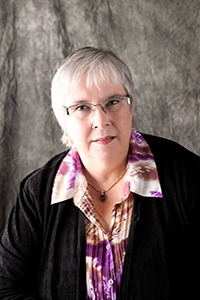Wednesday, June 22
10:30 a.m. – Noon
The landscape in Maine continues to shift as we adapt to fallout from the pandemic, and increasing numbers of MaineCF grantees report mental health issues among clients, staff, and in their communities.
The National Alliance for Mental Illness estimates as many as 223,000 Mainers struggle with mental health, and 65,000 are unable to access the help they need. An estimated 14,000 young people experience depression, and that number is rising.
Please join us for a panel discussion on mental health in Maine, with a focus on youth, rural communities, and challenges providers face. The webinar will explore mental health needs, what is being done, and how private philanthropy can make a difference. Three executive directors of nonprofit organizations will share their observations from across the state.
Register here.
Panelists
 Janice E. Daku, executive director, Rural Community Action Ministry
Janice E. Daku, executive director, Rural Community Action Ministry
Rural Community Action Ministry's purpose is to work with people in central Maine to meet their needs for safe, adequate shelter, clothing, food, and basic well-being in a manner that maintains or improves their self-worth and dignity.
Janice has over 20 years of management experience— five years in a for-profit environment, over 20 years in a nonprofit community action agency environment. Certified Community Action Professional (CCAP) since 1997.
 Donna Dwyer, CEO, My Place Teen Center
Donna Dwyer, CEO, My Place Teen Center
My Place Teen Center is a free, year-round, after-school program for kids, ages 10-18. A safe-haven for youth — sustaining them with comfort, meals, resources, and hope. A focus on youth in Cumberland and York Counties.
Donna has 20 years of executive leadership experience, with a master’s in special education and an MBA in entrepreneurships. Her motto? Find a way. There is always a way.
 Catherine Ryder, CEO, Tri County Mental Health Services
Catherine Ryder, CEO, Tri County Mental Health Services
Tri-County Mental Health Services (TCMHS) offers hope and healing to the people of Maine by providing trauma-informed, integrated services that promote whole health and wellness with a focus on central and western Maine
Catherine has worked for TCMHS for 30 years. She works to develop models that align with the principles of healthcare reform and is passionate about ensuring access, bending the cost curve, and reducing stigma associated with behavioral health.





